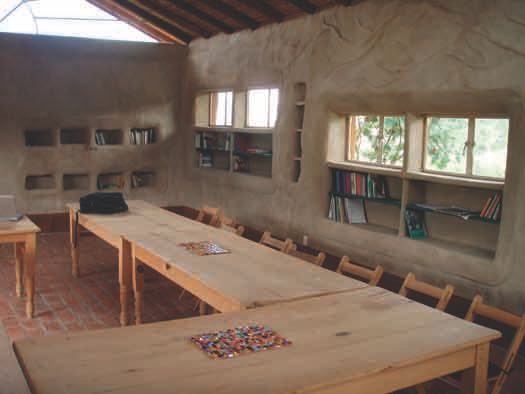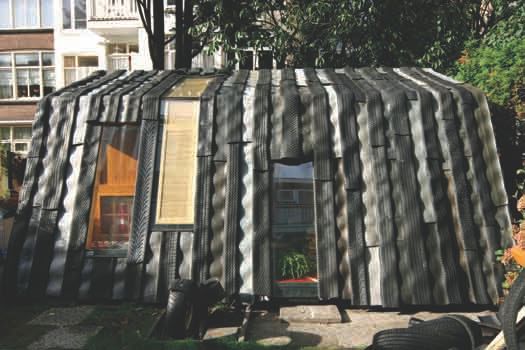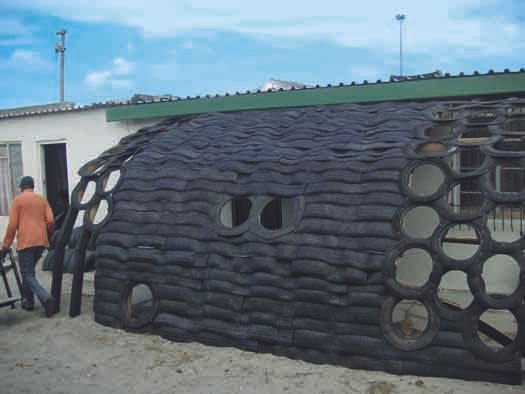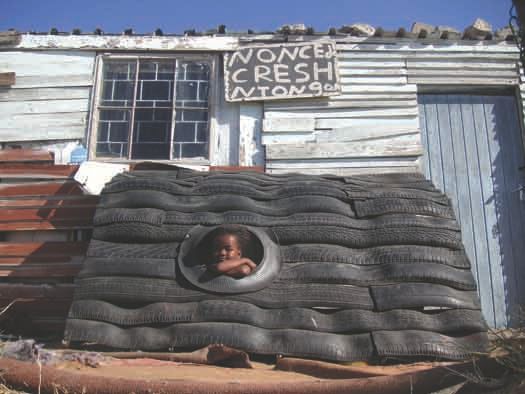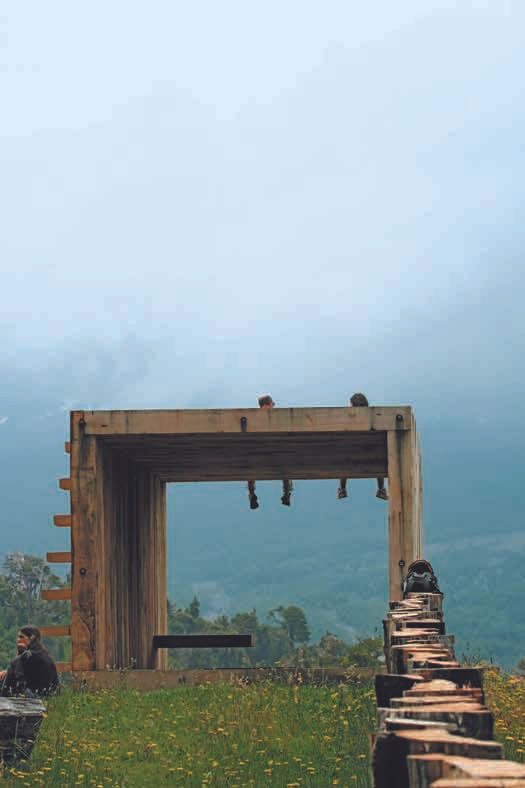
Saturday, July 31, 2010
- A.I.R. Programs
Houseplant Vacation

Houseplant Vacation
The Hammer invites you to give your houseplant a vacation, during our August cultural retreat for plants. Throughout the entire month, participant's plants will be installed in the light flooded Lindbrook terrace, and presented with a series of readings, performances and musical events, for plants every Saturday from 1-4pm. Check back for the full schedule and for information about plant portraiture by Lisa Anne Auerbach. (Please no sick/infested plants - this is a vacation, not rehab)
Plant drop off is July 31, 11am- 6pm and pick up August 28, 11am- 6pm ONLY!
You can download the plant release waiver and fill it out before you come to the museum or you can do this when you drop off your plant.
Please email plantvacation@machineproject.com with the subject line "I'm bringing my plant" so that we can get an idea of how many plants we will be checking in for the month. (We will not respond to your email, this is for plant count only!)
Friday, July 30, 2010
Thursday, July 29, 2010
A Visual Introduction To An Afghan Woman's Mutilation

Time's new cover of Aisha, an 18-year-old Afghan woman whose Taliban husband cut off her nose and ears because she ran away from his family's and his abuse, is horrifying, necessary — and a little misleading.
It's not the photo. That does appear to be the outcome of some serious thought by Time editor Richard Stengel, who writes,
First, I wanted to make sure of Aisha's safety and that she understood what it would mean to be on the cover. She knows that she will become a symbol of the price Afghan women have had to pay for the repressive ideology of the Taliban. We also confirmed that she is in a secret location in Kabul protected by armed guards and sponsored by the NGO Women for Afghan Women. Aisha will head to the U.S. for reconstructive surgery sponsored by the Grossman Burn Foundation, a humanitarian organization in California. We are supporting that effort.
He also says Time consulted with child psychologists over the impact the cover might have on children.
But it's not the image, which demands that apathetic readers to confront religiously-sanctioned violence against women without looking away. It's the headline: "What Happens If We Leave Afghanistan."
In fact, Aisha's abuse and mutilation took place last year, with U.S. troops' presence in the country and alongside Afghan women's significant progress on certain fronts. Women For Women in Afghanistan has some more details on her tragic background:
She was sold at the age of 10 by her father to a married man, a Talib. He kept her in the stable with the animals until she was 12 (when she got her first menstrual period). At the age of 12 he married her. From the day that she arrived in his house, she was beaten regularly by this man and his family. Sometimes she was beaten so badly that she couldn't get up for days. Six months ago before she came to us, she was beaten so badly by her husband that she thought that she was going to die. She ran away and went to the neighbor's house. The neighbor took to her to the police.
Such stories are obscene, not at all uncommon, and need to be told. But there is an elision here between these women's oppression and what the U.S. military presence can and should do about it, which in turn simplifies the complexities of the debate and turns it into, "Well, do you want to help Aisha or not?"
While Aryn Baker's story features the voices of many Afghan women who worry that the likely compromise with the Taliban vis a vis a possible U.S. exit will curtail their new freedoms, it doesn't actually forcefully make the case that American military presence is the only solution to their problems. (That's probably because Baker is a reporter, not a commentator, and it's the job of headline writers to grab readers at almost any cost.)
There are, however, conflicting signals about how seriously committed U.S. officials are, in the context of an exist plan, to pushing back at the resurgence of the Taliban as it affects women in the country. One anonymous diplomat tells Baker, "You have to be realistic. We are not going to be sending troops and spending money forever. There will have to be a compromise, and sacrifices will have to be made." On the other hand, Secretary of State Hillary Clinton recently told reporters that women's rights are a "red line" that won't be crossed: "I don't think there is such a political solution, one that would be a lasting, sustainable one, that would turn the clock back on women," she said, after relative quiet on the issue last year.
What would turning the clock back mean exactly? This is something the story actually does describe in detail:
During Taliban times, women's voices were banned from the radio, and TV was forbidden, but last month a female anchor interviewed a former Taliban leader on a national broadcast.
Under the Taliban, Robina Muqimyar Jalalai, one of Afghanistan's first two female Olympic athletes, spent her girlhood locked behind the walls of her family compound. Now she is running for parliament and wants a sports ministry created, which she hopes to lead. "We have women boxers and women footballers," she says. "I go running in the stadium where the Taliban used to play football with women's heads."
There is also a 25 percent quota for women in Parliament, although that hasn't always helped protect women's rights, as seen in the case of a bill that "authorized husbands in Shi‘ite families to withhold money and food from wives who refuse to provide sex, limited inheritance and custody of children in the case of divorce and denied women freedom of movement without permission from their families." (That's partly because some of the female parliamentarians are "proxies for conservative men who boosted them into power," according to one of their colleagues.)
As The Nation's Greg Mitchell notes, the story leaves out many other things that might happen if we leave Afghanistan, as well as other "on the ground" realities. And he points to Nicholas Kristof — no slouch on the issue of women's rights — arguing in today's Times that framing our presence in Afghanistan as an either-or between military engagement or abandoning the human rights of the vulnerable is a false premise:
An unbalanced focus on weapons alone is often counterproductive, creating a nationalist backlash against foreign "invaders." Over all, education has a rather better record than military power in neutralizing foreign extremism....
Aid groups show that it is quite possible to run schools so long as there is respectful consultation with tribal elders and buy-in from them... [Greg] Mortenson lamented to me that for the cost of just 246 soldiers posted for one year, America could pay for a higher education plan for all Afghanistan. That would help build an Afghan economy, civil society and future — all for one-quarter of 1 percent of our military spending in Afghanistan this year.
Let's at least make that part of the conversation.
Afghan Women And The Return Of The Taliban [Time]
Women Of Afghanistan: Living Under The Taliban Threat [Time]
What's Hard To Look At [Time]
One Soldier Or 20 Schools In Afghanistan? [NYT]
Response To Controversial Time Cover: What Also Happens If We Leave Afghanistan [The Nation]
Women For Afghan Women [Official Site]
Related: Clinton Warns On Women's Rights In Afghanistan [WP]
Send an email to Irin Carmon, the author of this post, at irin@jezebel.com.
Wednesday, July 28, 2010
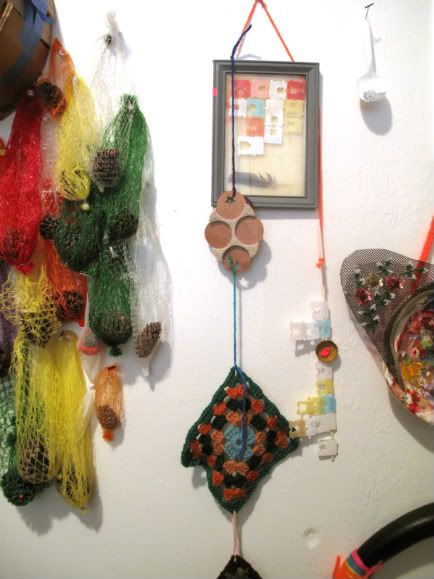
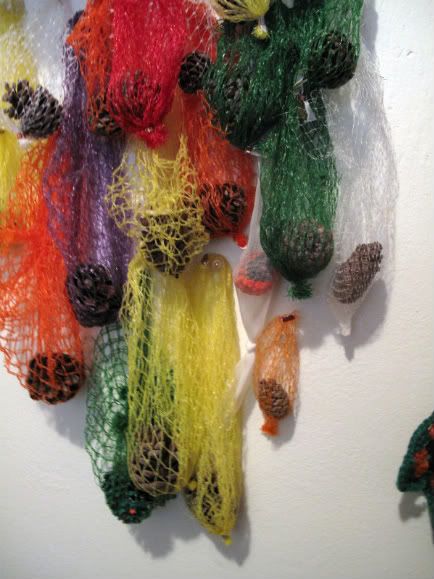
i am cleaning out my iphoto files. came across these detail shots from an installation that was a work in progress in my (old) baby studio in my home. the pine cones remind me of dog poos picked up on walks (now). which reminds me further that i have gotta get over to the studio tomorrow morning. M U S T - N O T - S T O P - M A K I N G - A R T - !!!
Saturday, July 24, 2010
i came across THIS article and was very inspired. below are some of my favorite creations.
